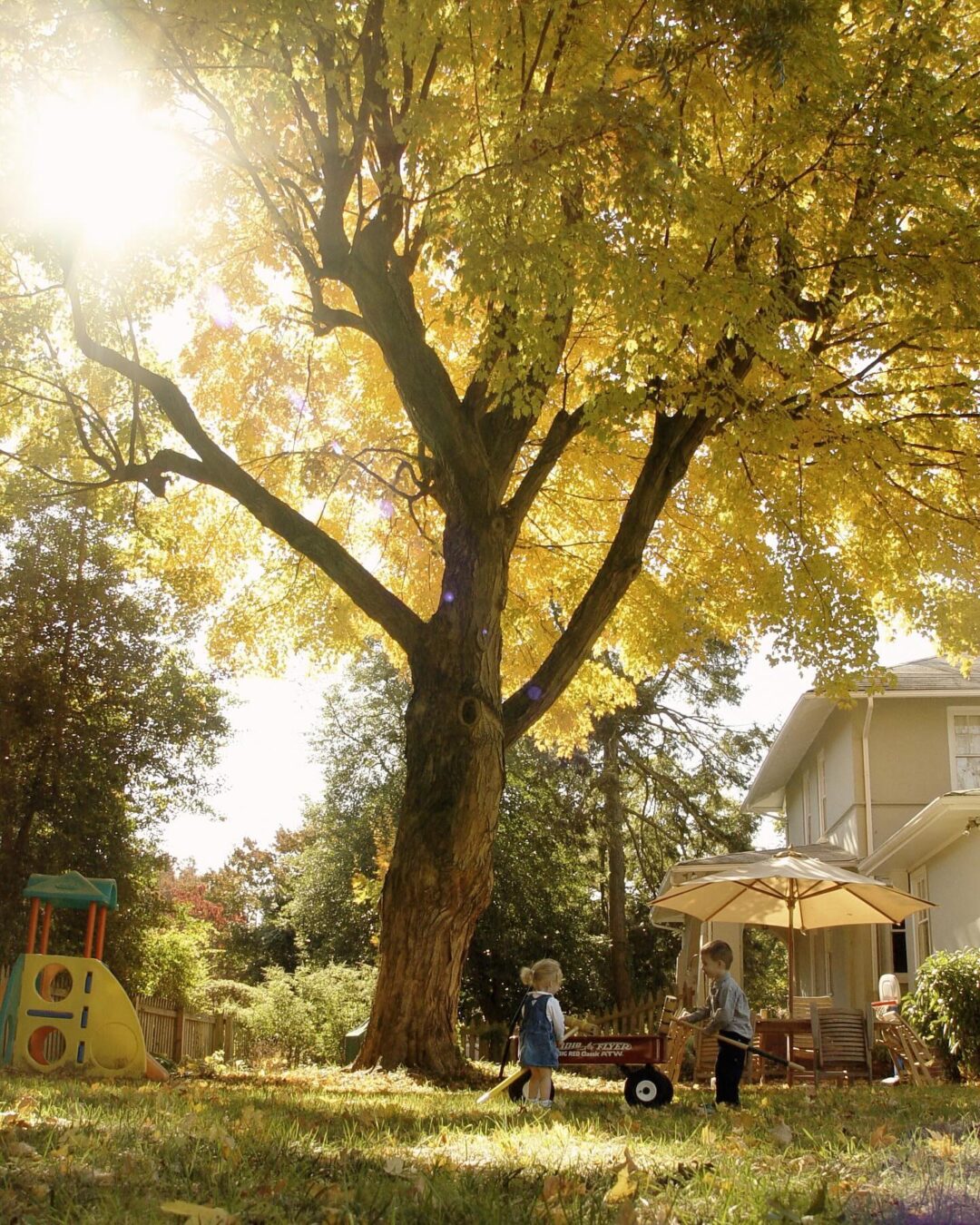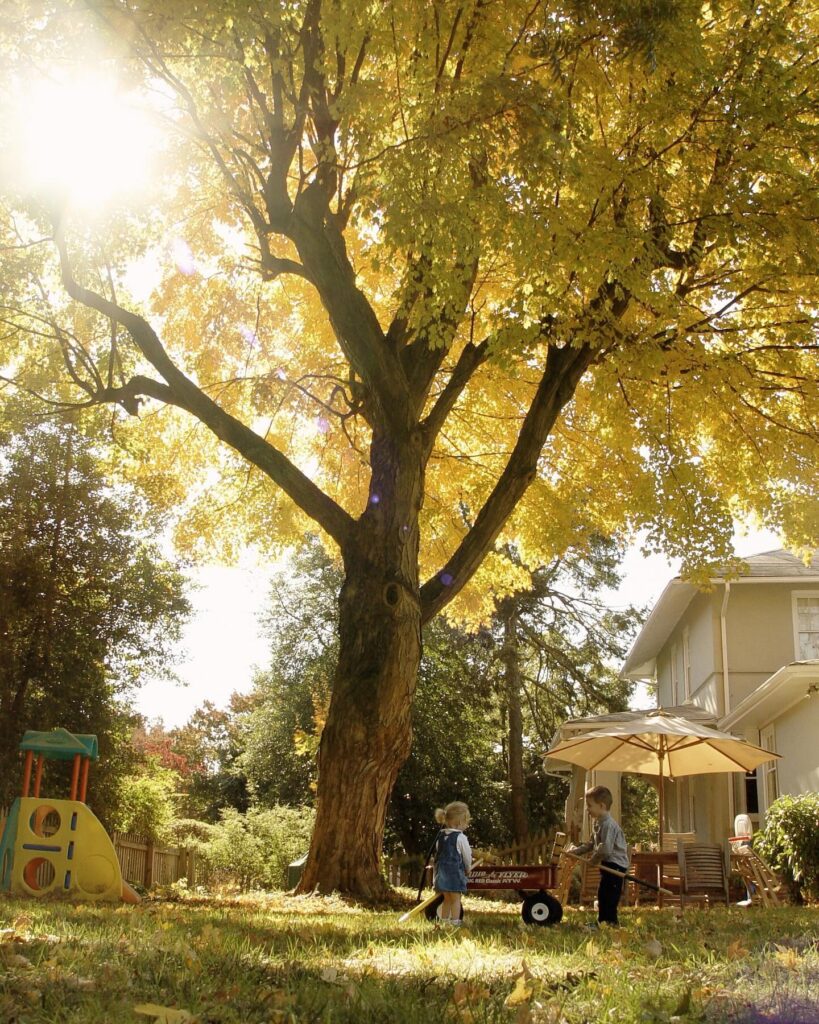Rev. Sterling W. Severns, Pastor
This past Sunday, we chose to begin worship at the table. Before prayers or offerings, before much else was said or sung, we paused to share Communion—passing trays from one to another, serving and being served, bread and cup in our hands.
It wasn’t about earning anything, or proving ourselves ready. It was about acknowledging something true before anything else: that grace is given. That God provides. That all of us come hungry in one way or another.
In these tender and challenging days, when so many questions swirl about what comes next, there is something quietly powerful about starting there. To recognize that whatever happens begins not with our certainty or our planning, but with God’s own generosity. That nothing we’re about to do—our singing, our praying, our listening, our giving—creates grace. It simply responds to it.
Passing the bread and cup among us reminded us of our shared dependence. It was a small act of trust: receiving what someone else handed us, offering it in turn. A way of saying we cannot provide for ourselves alone. That God is always the one who moves first, offering what we cannot make ourselves.
For those who would like to reflect more on why this small shift in the order of worship can matter so much, I want to share this thoughtful piece that speaks to it beautifully: Grace at the Start: How Moving Communion Changes Everything.
I keep thinking of these words from Rachel Held Evans that many of us have carried with us:
“This is what God’s kingdom is like: a bunch of outcasts and oddballs gathered at a table, not because they are rich or good, but because they are hungry, because they said yes.”
–Rachel Held Evans, Searching for Sunday: Loving, Leaving, and Finding the Church
It’s an image worth holding onto.
Because whatever questions we’re asking about the future, whatever uncertainties wait for us beyond the doors of this sanctuary, we begin by acknowledging the grace already given.
And in serving and being served, we remember who we are.
People who are hungry. People who say yes.
People who find, again and again, that God meets us at the table.



